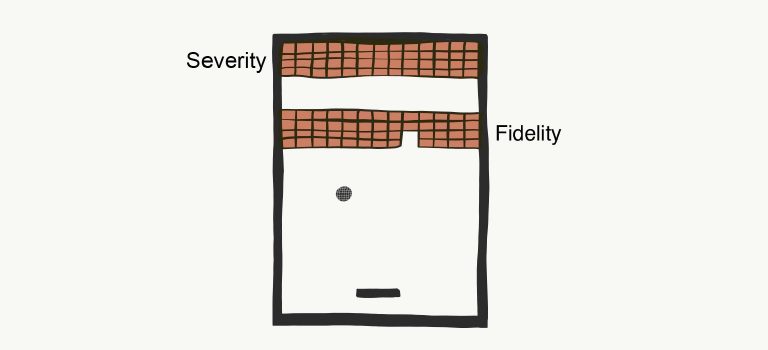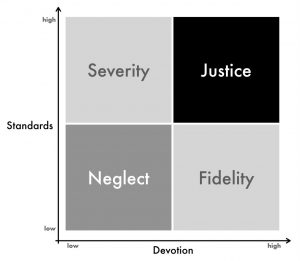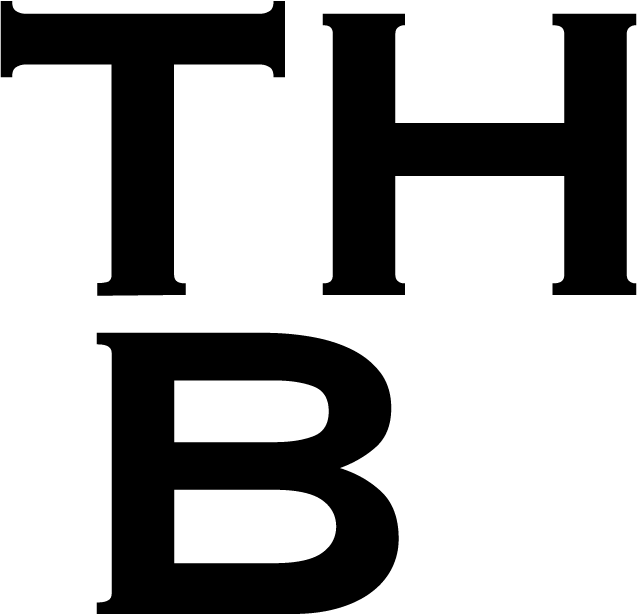
On trust and arcade gaming
The most important value for the coming decades will be trust. It is already the foundation of all healthy relationships and an integral part of leadership. Made up of Authenticity, Logic and Empathy, trust can only be obtained with these three parts fully developed (Frei, 2020). The environment in work or education is not bound to a specific place anymore, to get things done. Remote access to information, cloud based computing and a decreasing gap between synchronous and asynchronous communication enforce the need of a change of culture, to one of trust.
From Collaborating to Collearning
One thing is sure, trust comes with transparency, with a different understanding of hierarchy, new objectives and a new controlling mechanism. These different perspectives need a new approach, a reorganisation. It is not about managing people anymore, but learning together. It is not about being in the office from nine to five straight, but about bringing out the best in one another, whenever, wherever.
It is about finding the right balance between Severity and Fidelity (Frei, 2020). The first is about putting everybody, oneself included, to high standards. While the second one is about experiencing deep devotion toward ones success.Finding a balance is always difficult and nobody seems to have found a solution. We usually ride a bike in balance, until something unexpected happens and we find ourselves lying on the floor. Balance is not forever stable, although it may give this impression. Just because something works now, does not mean it will also tomorrow. We are the bouncing ball in our personal and daily arcade game of Breakout (Developed and programmed by Steve Wozniak, the Apple founder, for Atari in 1976).

Here’s the problem
Usually, when we are setting high standards for coworkers or students, even ourselves, it is strangely uncomfortable to watch from an external position how we start to shield them (or our working selve) from basic humanity. We don’t seem to show our intensity of devotion towards their success (Frei, 2020). We often come across as chilly, cold or uncaring, I know out of personal experience.
Once we are aware of this lack, we often excessively counterbalance towards the opposite side. We start to be « over-devoted » and care too much. More problematically, in the wrong way, by unintentionally lowering the standards again. As a possible chain reaction the frustration of low performance comes back to haunt us. here we go again, with the cycle. A never ending game of Severity vs. Fidelity.
Here’s the trick
Carol Dweck, a Stanford Professor of Psychology, ironically stated that there are two ways to parent and one is the right way. You can either prepare the path for the child or prepare the child for the path (Dweck, 1983).
The first is preparing real or imagined paths so that coworkers or students could take them later. This may be an education, a programme, a career or employment strategy et cetera. Unfortunately this approach is linear and often forgets to mitigate pathways or other paths acknowledging them too late. It reacts to change.
On the other side one can prepare coworkers or students for possible paths, so they will be able to thrive in absence of guidance, of clear direction and in the presence of change.

In a culture of trust people have the possibility to thrive and do usually want to achieve goals in their own way. The company or school leader’s job is to clearly set the conditions for everybody to succeed. Nobody is thriving if they are just doing ok. We are responsible to get there.
References:
Frei, F., Morriss, A., (2020), Unleashed: The Unapologetic Leader’s Guide to Empowering Everyone Around You, Harvard Business Review Press.
Beard, A., HBR Ideacast, podcast number 743, Harvard Business Review, (02.06.2020).


Leave a Reply